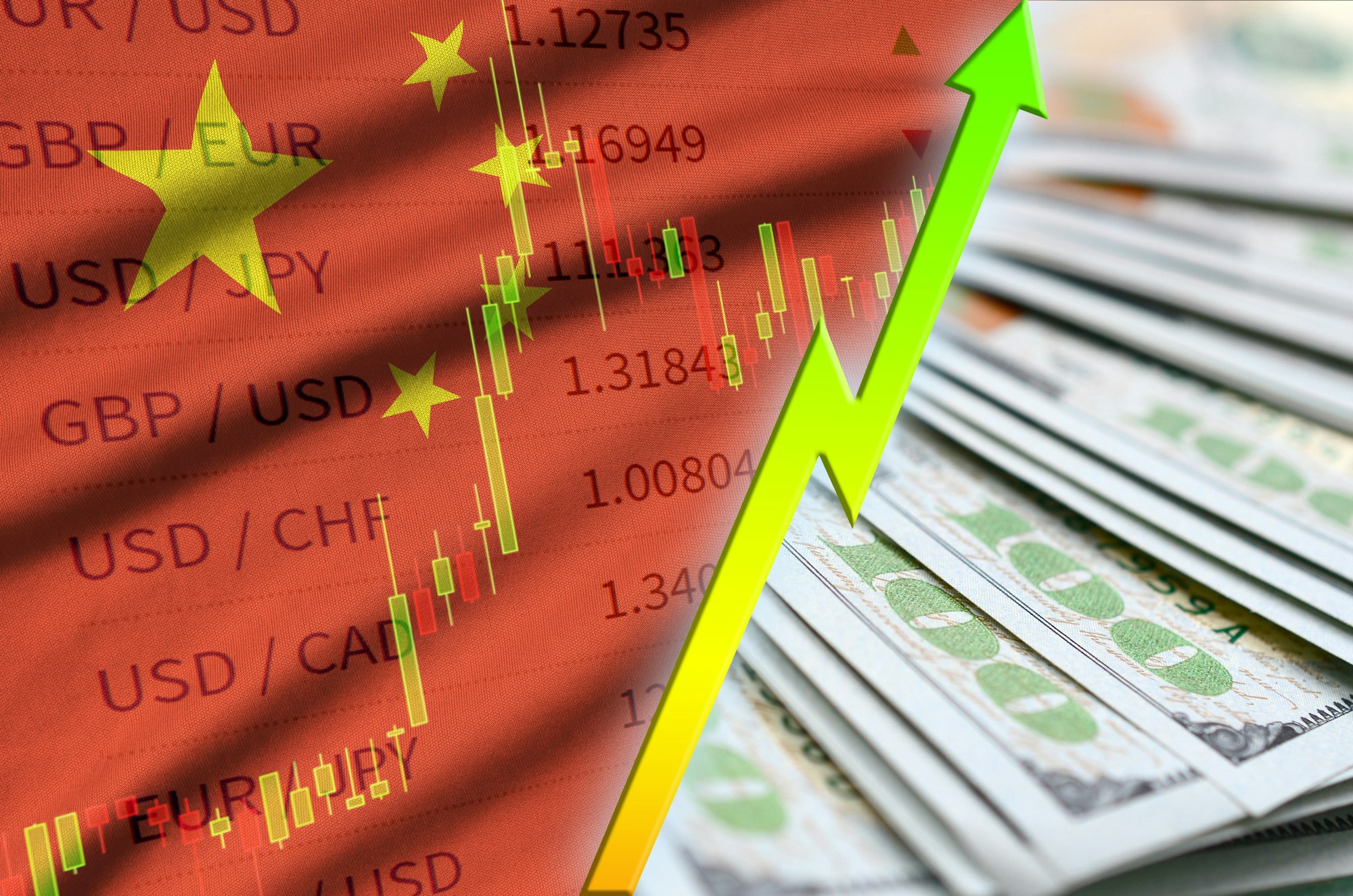The Big Tech Tug-of-War
The competition between the US and China is getting fiercer, especially when it comes to technology. The US is taking action against Chinese tech companies, and China isn’t just sitting back; it’s fighting right back. This situation is making people in Silicon Valley say it’s super important for the US to be the top dog in artificial intelligence (AI).

Silicon Valley Goes to Washington
Because of this tech face-off, over 100 big names from the tech world are heading to Washington to talk about making the US the leader in AI. They’re part of something called the Hill & Valley Forum, where tech bosses, big money investors, and politicians will brainstorm on how to keep the US ahead in the AI race, especially against China.
Who’s Going and What They Want
Big shots from companies like Palantir and Sequoia Capital are leading this charge. They want to make sure laws around AI aren’t too tight, convince the government to spend more on AI research, and make it easier for smart people from around the world to come work in the US on AI stuff.
What Washington Thinks
Even though politicians usually have beef with Silicon Valley, they’re kind of on the same page this time. They all agree that being the boss in AI is key to staying ahead of China.
The Rules of the AI Game
Fighting Over Rules
As this race with China gets more intense, there’s worry that the US might focus too much on winning and not enough on the bad stuff AI can do, like taking jobs and spreading fake news.
The Brain Drain
Right now, the US is leading in cool AI creations, but China is catching up fast, especially in getting smart people to work for them. This shows just how big a deal AI is in the tech rivalry between the US and China.
Looking Ahead
Finding the Middle Ground
The talks at the Hill & Valley Forum are going to be a big deal for what comes next in US AI policy. It’s all about finding the sweet spot between making new stuff and making sure it doesn’t mess things up. This is a key moment for deciding how the US will deal with the tricky mix of tech growth, keeping the country safe, and making sure AI is used in a good way.
Get the scoop on how the US and China are battling for the top spot in AI, and see what’s happening at the Hill & Valley Forum, where the tech world and the government are joining forces to talk about AI and keeping the US in the lead.

Frequently Asked Questions (FAQs) About the U.S.-China AI Rivalry and the Hill & Valley Forum
1. What’s the big deal with the U.S. and China fighting over AI?
The U.S. and China are two of the world’s biggest powers, and they’re in a tight race to be the leader in artificial intelligence (AI). This competition is important because AI is a game-changer in tech, economy, and military power. Whoever leads in AI could have a big say in the future of global affairs.
2. What is the Hill & Valley Forum?
The Hill & Valley Forum is a big meeting where more than 100 tech industry leaders, investors, and U.S. lawmakers get together in Washington, D.C. They’re discussing how to make sure the U.S. stays ahead in AI, especially against China. It’s named to suggest a meeting between Silicon Valley (the Valley) and Capitol Hill (the Hill).
3. Why are tech executives and investors interested in AI regulations?
Tech execs and investors want AI regulations to be just right—not too loose that harmful AI uses go unchecked, and not too tight that innovation is stifled. They believe the right kind of regulation will help the U.S. stay at the forefront of AI technology and use it responsibly.
4. How does immigration policy play into the AI rivalry between the U.S. and China?
The U.S. and China are both trying to attract the smartest minds in AI from around the world. Easier immigration policies would make it simpler for talented AI professionals to come work in the U.S., helping it stay competitive in AI innovation and research.
5. What are the potential risks of prioritizing AI innovation over regulation?
Focusing too much on innovation without enough regulation could lead to problems like job losses, privacy issues, and the spread of misinformation through AI technologies. There’s a delicate balance to strike to ensure AI advances society positively while minimizing its negative impacts.
Sources The New York Times


